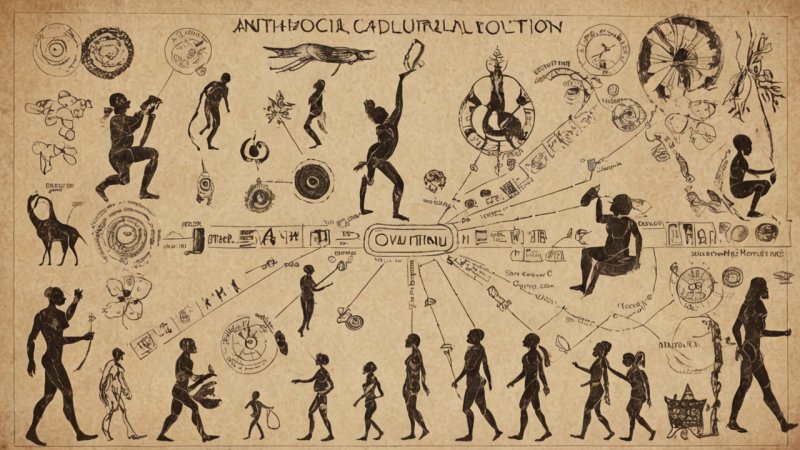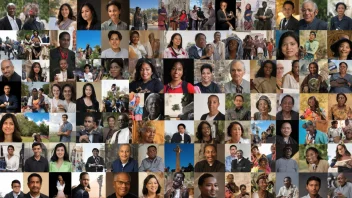In this article, we will explore some of the most significant anthropology studies focused on cultural evolution. You will learn about the methodologies used, key findings, and how these studies contribute to our understanding of human behavior and societal development. By the end of this guide, you will have a clearer picture of how anthropology examines the evolution of cultures over time.
Step 1: Understand the Basics of Cultural Evolution
Before diving into specific studies, it's important to grasp what cultural evolution entails. Cultural evolution refers to the changes in culture over time, influenced by social, environmental, and technological factors. It contrasts with biological evolution, focusing on how societies adapt and change.
Step 2: Explore Key Anthropological Theories
Familiarize yourself with foundational theories that shape the study of cultural evolution:
- Unilineal Evolution: This theory suggests that all societies progress through the same stages of development, from primitive to advanced.
- Multilineal Evolution: Unlike unilineal evolution, this theory posits that cultures can evolve along different paths based on unique environmental and social contexts.
- Cultural Materialism: This approach emphasizes the role of material conditions, such as economic and environmental factors, in shaping cultural practices.
Step 3: Review Landmark Studies
Several studies have significantly impacted our understanding of cultural evolution. Here are a few notable examples:
- The Kula Ring: Anthropologist Bronislaw Malinowski's study of the Kula Ring in the Trobriand Islands illustrates how gift exchange fosters social bonds and maintains cultural identity.
- Marvin Harris's "Cannibals and Kings": This work examines how food production influences societal structures, emphasizing the interplay between environment and culture.
- Clifford Geertz's "Deep Play": In this classic essay, Geertz analyzes the Balinese cockfight as a cultural text, offering insights into the meanings and implications of cultural practices.
Step 4: Analyze Contemporary Research Trends
Current anthropological research is increasingly interdisciplinary, often integrating insights from genetics, psychology, and ecology. Some emerging trends include:
- Evolutionary Anthropology: This field examines how evolutionary theory can explain cultural phenomena, including language development and social structures.
- Globalization Studies: Researchers are exploring how global interconnectedness affects local cultures, leading to hybrid identities and cultural exchanges.
- Digital Anthropology: As technology evolves, anthropologists are studying how digital spaces shape cultural practices and community interactions.
Step 5: Engage with Anthropological Methods
Understanding the methodologies used in anthropology is crucial for evaluating studies on cultural evolution. Common methods include:
- Fieldwork: This involves immersive observation and participation in the daily life of a community to gather qualitative data.
- Interviews: Conducting interviews provides insights into individual experiences and cultural meanings.
- Comparative Analysis: This method compares cultural practices across different societies to identify patterns and differences.
Step 6: Reflect on the Implications of Cultural Evolution Studies
The studies in cultural evolution have profound implications for understanding human behavior and social structures. Reflect on how knowledge from these studies can be applied to:
- Enhance cross-cultural understanding and communication.
- Inform policies related to cultural preservation and heritage.
- Address global challenges by understanding cultural responses to environmental changes.
Step 7: Stay Updated with New Research
Anthropology is a dynamic field with ongoing research that continually reshapes our understanding of cultural evolution. To stay informed:
- Follow academic journals such as Cultural Anthropology and American Anthropologist.
- Attend conferences and seminars to engage with cutting-edge research.
- Join online forums and networks dedicated to anthropology discussions.
By following these steps, you can gain a comprehensive understanding of top anthropology studies on cultural evolution. Remember to remain curious and open-minded, as the study of cultural evolution continues to evolve itself.






